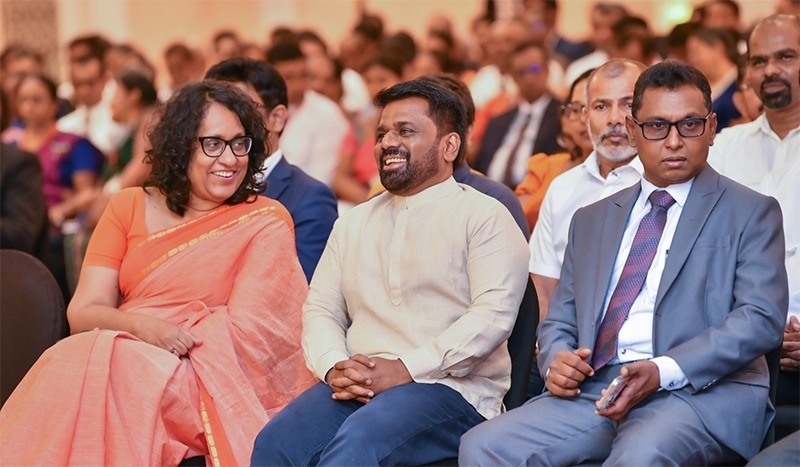-By A Staff Writer

(Lanka-e-News -05.July.2025, 11.10 PM) Rural Development, Social Empowerment and Social Security Minister Dr. Upali Pannilage has firmly stated that any serious discussion on poverty—whether in Sri Lanka or globally—must begin with the village. Speaking at the launch of the Praja Shakthi National Programme held yesterday (4 July) at the Presidential Secretariat under the patronage of President Anura Kumara Dissanayake, the Minister stressed that rural deprivation remains the defining challenge in tackling national poverty.
“It is impossible to speak about poverty while ignoring the village,” said Dr. Pannilage. “Not just in Sri Lanka, but across Asia, Africa and Latin America, rural communities lie at the very heart of global poverty discussions. This is precisely why the United Nations has declared July 6th as the International Day of Cooperatives for Rural Development.”
Dr. Pannilage, who also serves as the Convener of the Praja Shakthi National Policy Council and Chair of the National Operations Committee, further elaborated on the historical neglect of rural poverty in Sri Lanka and the shortcomings of past government programmes. Despite decades of debate and pledges, poverty continues to persist, he argued.
“While there have been efforts over the years to address rural poverty, the statistics speak for themselves,” the Minister observed. “In the year 2000, around 1.1 million Sri Lankans were dependent on social welfare. By 2010, that number had risen to 1.5 million. By the end of 2024, we are on the verge of crossing 1.8 million people relying on government support.”
These figures, he said, paint a stark picture. “Even as urbanisation accelerates across the world, in Sri Lanka nearly 79% of the population still resides in rural or plantation sectors. So, if a government wishes to craft any serious policy for national development, it must put rural poverty eradication at the centre of its strategy.”
Dr. Pannilage emphasised that under the National People’s Power (NPP) government, rural development is not a token gesture, but a cornerstone of governance. “Our government has made the conscious decision to reorient national planning toward villages—to understand the structural causes of poverty and to act with intentionality.”
He explained that before rolling out the Praja Shakthi programme, a comprehensive study was conducted to analyse why previous poverty eradication schemes failed. “We did not want to repeat the same mistakes. This programme is designed to offer real, sustainable solutions—not mere slogans.”
According to Dr. Pannilage, Praja Shakthi has been conceptualised to achieve several key objectives:
Develop village-level economic resilience.
Increase access to social protection and services.
Foster self-sufficiency and dignity among rural populations.
Build community-led infrastructure and development.
He noted that Praja Shakthi is not just a welfare package but a systemic transformation model that will mobilise local councils, cooperatives, and citizens alike.
The event was attended by a host of dignitaries including Prime Minister Dr. Harini Amarasuriya, Cabinet Ministers, Deputy Ministers, Central Bank Governor Dr. Nandalal Weerasinghe, Provincial Governors, Ministry Secretaries, senior civil servants, and representatives from international development agencies.
Dr. Upali Pannilage’s remarks reflect a shifting paradigm in Sri Lanka’s approach to poverty—one that seeks to abandon the centralised, bureaucratic models of the past in favour of rural-rooted development. The Praja Shakthi initiative, under the NPP government, positions the village not as a recipient of aid but as a partner in transformation. Whether this programme can overcome entrenched inefficiencies and deliver measurable change remains to be seen—but the rhetorical departure from Colombo-centric policymaking is already apparent.
-By A Staff Writer
---------------------------
by (2025-07-05 22:34:47)
Leave a Reply